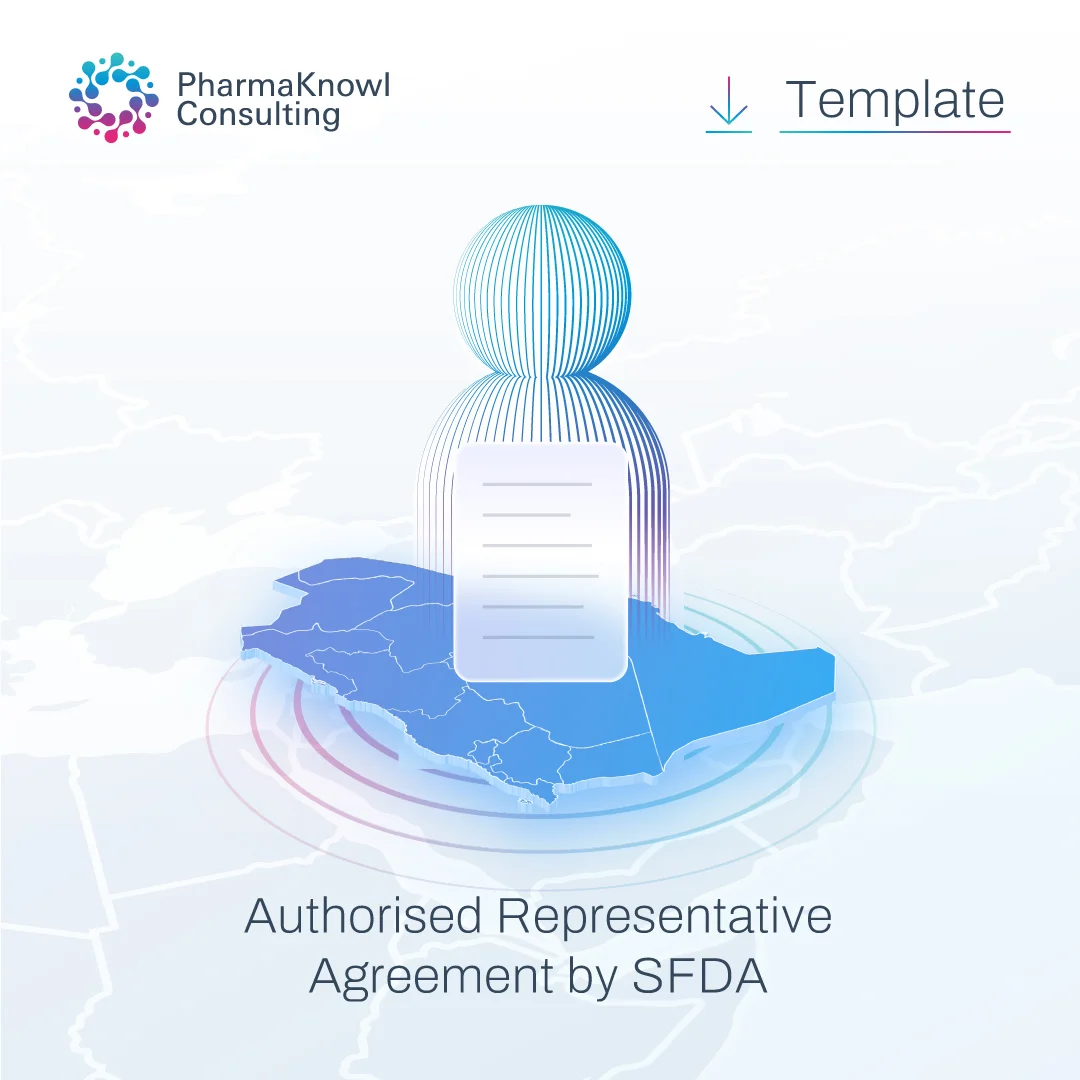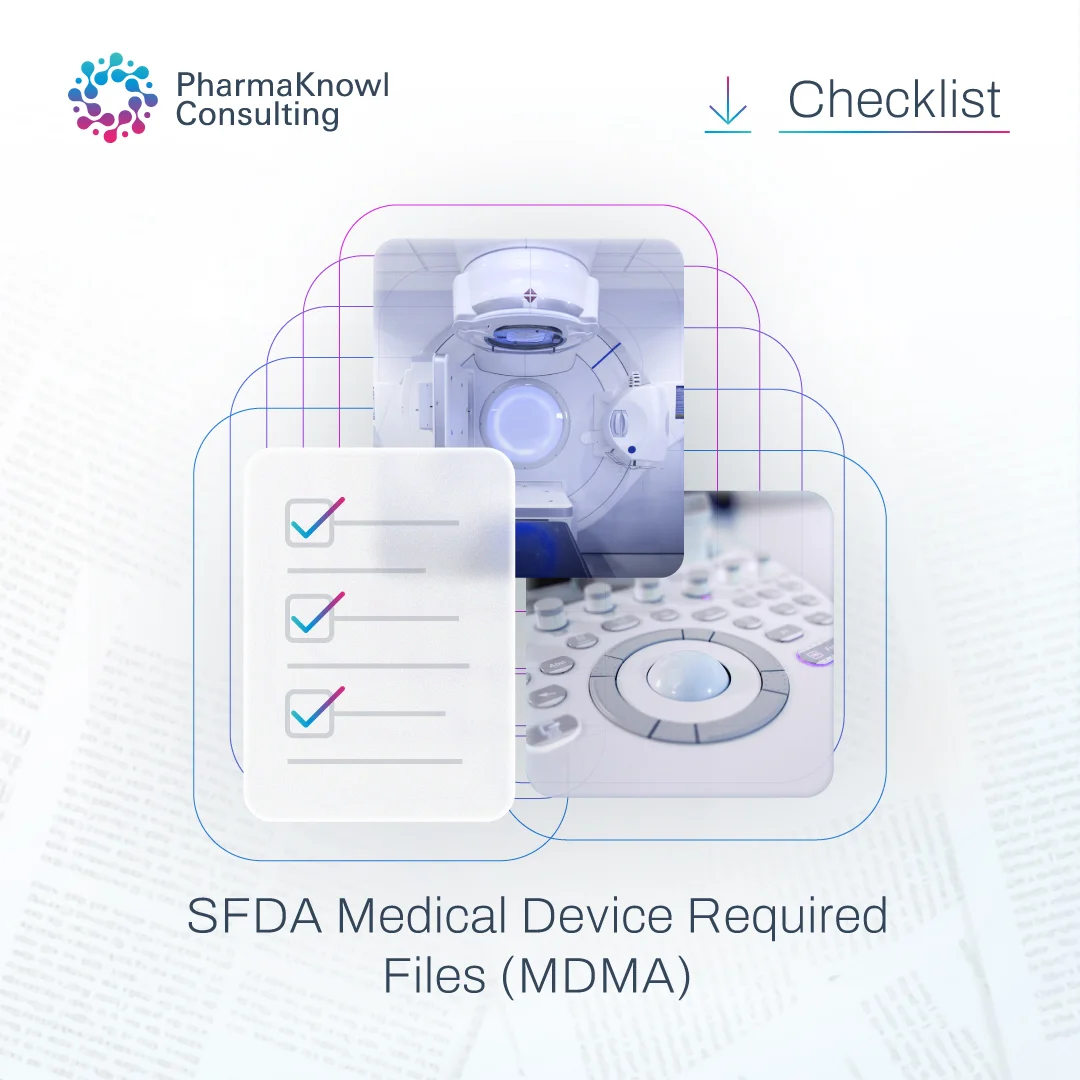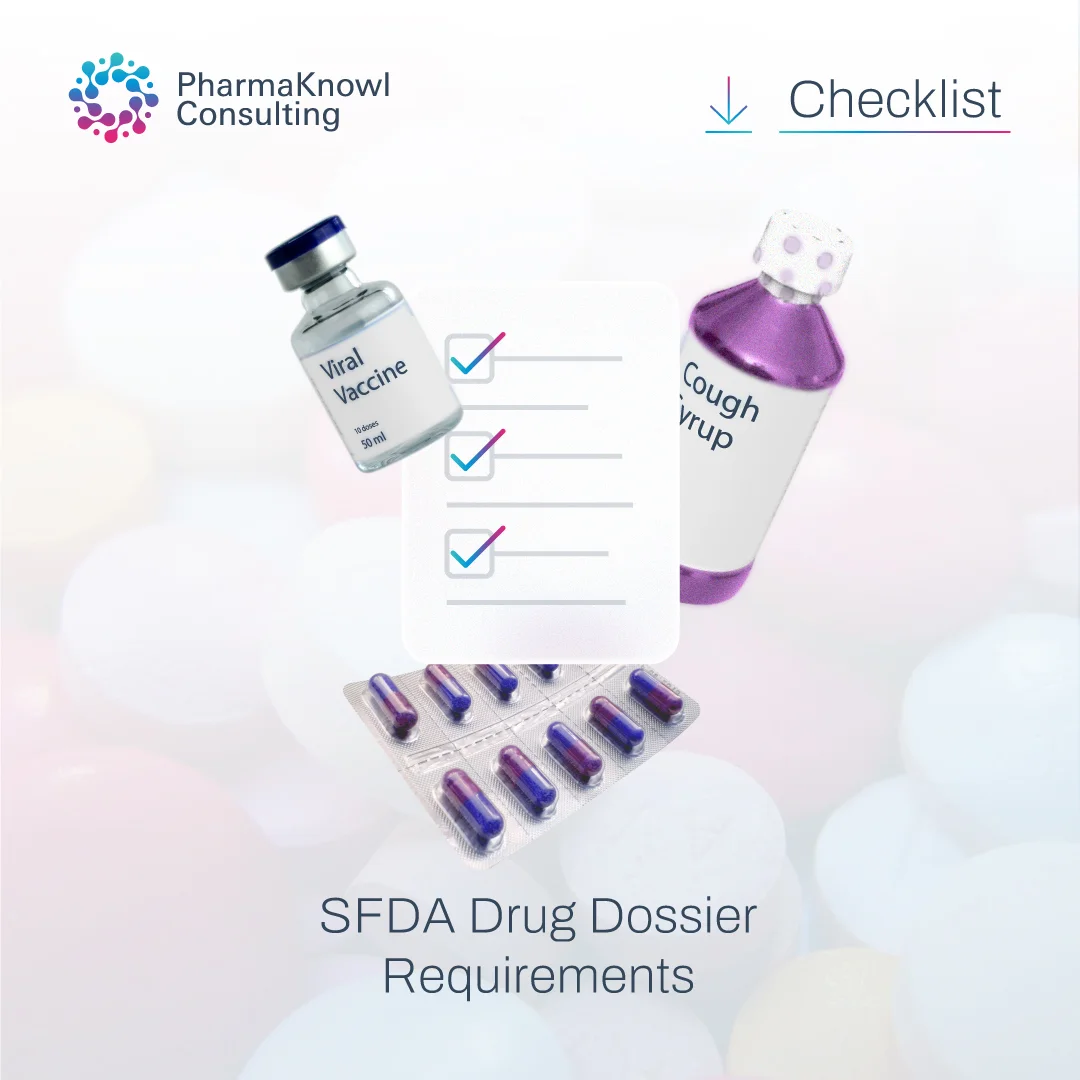The Saudi National Industrial Development and Logistics Program (NDLP) predicts that the size of the pharmaceutical market in the Kingdom will reach 44 billion Riyals by 2030, after it registered 28 billion Riyals in 2020. According to “NDLP”, the size of the medical devices and equipment market in the Kingdom is 19 billion Riyals, recording an annual growth of about 4.4%, and it is one of the competitive advantages of the market to work on localizing these industries.
During a workshop at the Jeddah Chamber of Commerce, the program reviewed the most prominent initiatives that it relied on to achieve the objectives of Vision 2030 and the competitive advantage it possesses. Through integrative work with 40 successful partners, the Kingdom aims to be a pioneer in the industry and logistics world.
The program aims to localize 40% of the value of the Saudi pharmaceutical industry, with a focus on supporting the localization of the most advanced products. This is to make the Kingdom a leading and innovative manufacturer and exporter to the Middle East, Africa, and the countries of the Organization of the Islamic World with a market size exceeding 400 billion Riyals.
It also aspires to develop the medical devices and supplies industry and support health security by raising the percentage of industry localization to 15%. This includes consumable medical supplies, medium and straightforward devices, high sterilization devices, and activating the industry localisation agreement.
“NDLP” noted the competitive advantage of the pharmaceutical, medical equipment, and devices industry, stating that the Kingdom imports 94% of the domestic demand for medical devices and equipment.
Also pointed out that the growth of the older population is pushing the demand for health care to increase by about 200% by 2030, which promotes the localization of the manufacture of medical devices and equipment, and vital medicines, as 75% of pharmaceutical products are imported.
It was also pointed out that the large size of the health sector and the presence of a unified company for government procurement facilitate the effective implementation of the content policy.
About the Author
Published by regulatory affairs team in PharmaKnowl, Riyadh office.
Resources
Services
Events







